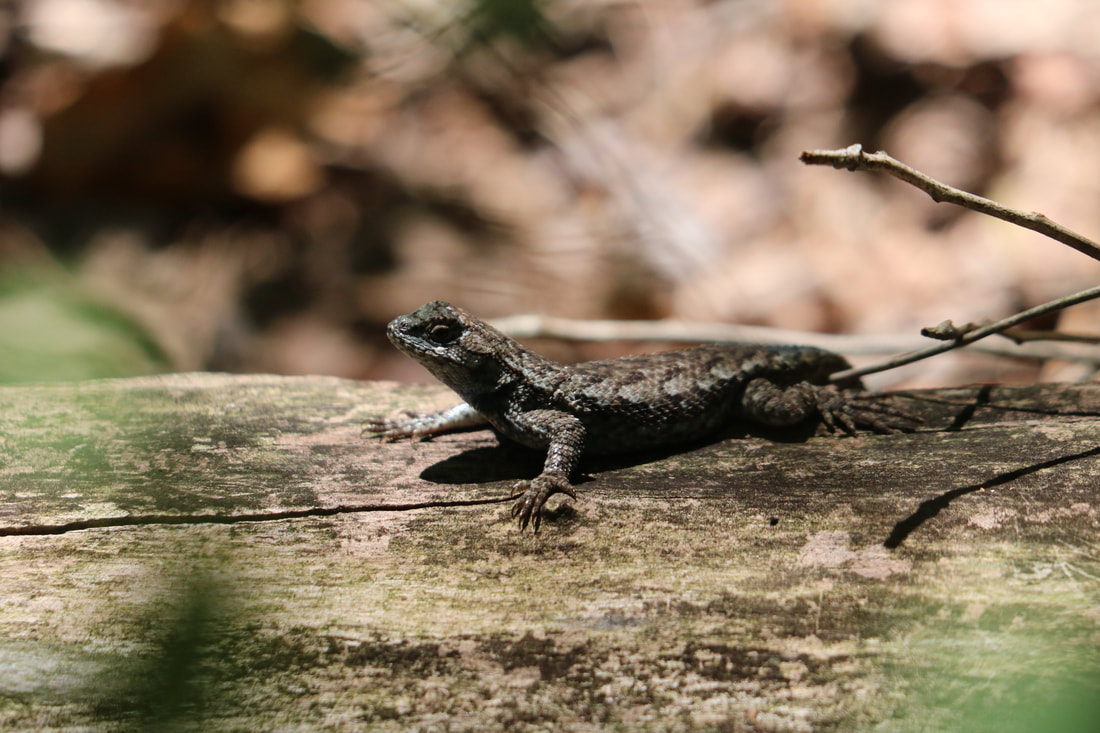The snow was three or four inches, and the county road crew never got to Lower Cravens Terrace. We always come last, and I suspect the crews are intimidated by the steep and narrow road.
All day we have had light, drizzly rain and the snow has turned to slush. It will go down to 24 degrees tonight, so it will all refreeze. My power is out and it will be cold tonight. Despite the slush, I went for several walks today.
Last night a tree fell in the woods near my house. It was around 1:30 when the crash awakened me. I inspected to be sure it had not struck my house or truck, and slept fitfully through the rest of the night. Many more trees will split and fall this day.
This morning I heard a crack and watched an ancient oak tumble to the snow capped forest floor. All day it was like this. Oaks and tulip poplars loaded with ice could no longer bear the load and came crashing down.
One neighbor lost a venerable hardwood just below his front porch. It fell from behind a retaining wall. Though it took out a corner of the car port, it harmed neither wall nor porch. Miraculously, it left the vehicles unscathed.
All day the trees crashed down, opening the canopy for the sun to come streaming through and new seedlings to stretch sunward. The temperature was just above freezing, so snow melted all day. Snow became slush and the drainage ditches ran with water all day long. The ice stubbornly clung to the trees, and it was enough to continue bringing them down. Thankfully we had little wind. With a high wind, many more would have fallen.
Each crash was a delight to the birds. Aldo Leopold, the old Wisconsin naturalist, would have said they were following the first great commandment of the chickadee’s world; “thou shalt investigate every loud noise.”
When a tree first crashed down, every chickadee and titmouse in the neighborhood immediately gathered to seek out the myriad insects that dwell under the bark and among the various cavities. This gathering was repeated as each tree fell. Soon a cardinal or two would join the frolic, then a flock of sparrows. Sometimes a wren with vibrant brown plumage and upturned tail would flit among the branches. Two towhees, once known as the ground robin, walked along yet another horizontal trunk, inspecting each crevice in the bark for dinner. Woodpeckers were strangely absent this day, though a gray and white junco appeared to join the harvest.
The day waned and the birds went off to shelter. The sun had done its work. A slight breeze stirred the branches of standing trees and ice fell on pavement, cars and rooftops. The pings were like music, soft and gentle. Then one last snowfall dusted the ground.
The electric power went out just before darkness enveloped the land. I stoked the woodstove in my landlord’s vacant apartment downstairs and after a supper of soup, cooked on my neighbor’s gas stove, I retired to bed. I wore thermal underwear augmented with wool socks and hat. I slept in my old mummy bag from camping days and with the hood drawn tight I was quite warm.
About 1:30 I awakened and stoked the woodstove again. This required me to get dressed and make a trip outside to get to the downstairs apartment. It was quite cold, but my time outdoors was brief. The stove kept the water pipes from freezing and a little heat made it into my apartment.
After unbundling I snuggled back inside the still warm sleeping bag and slept well until the power was restored at 5:30. I was awakened by a radio left on. I got up and turned on the electric heat.
It would take a while for the building to warm up, so I climbed back into my warm bag. I had first used that sleeping bag for a trip to the Smokies. On that occasion we parked our car at Cades Cove and hiked up to a shelter. With the bear guard down, we slept safe and warm, and awakened to snow. It was a bit warmer than this night, but more surprising since we had found the snow in wilder territory.

 RSS Feed
RSS Feed